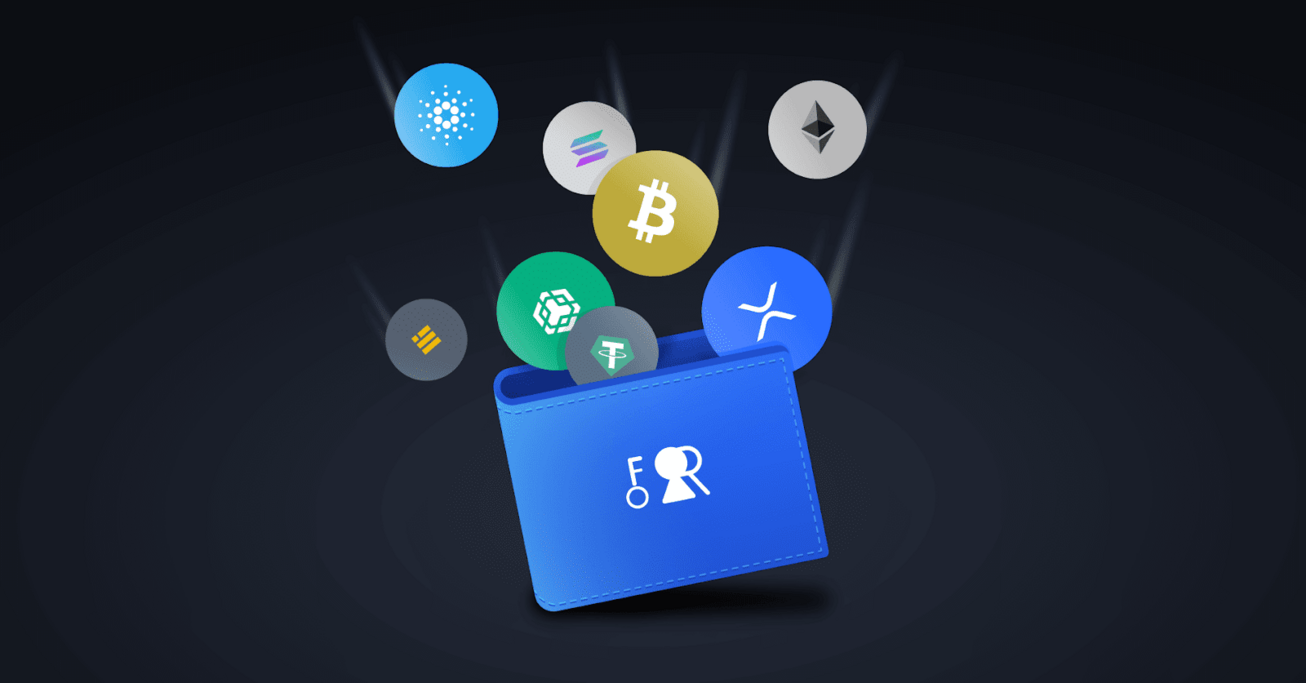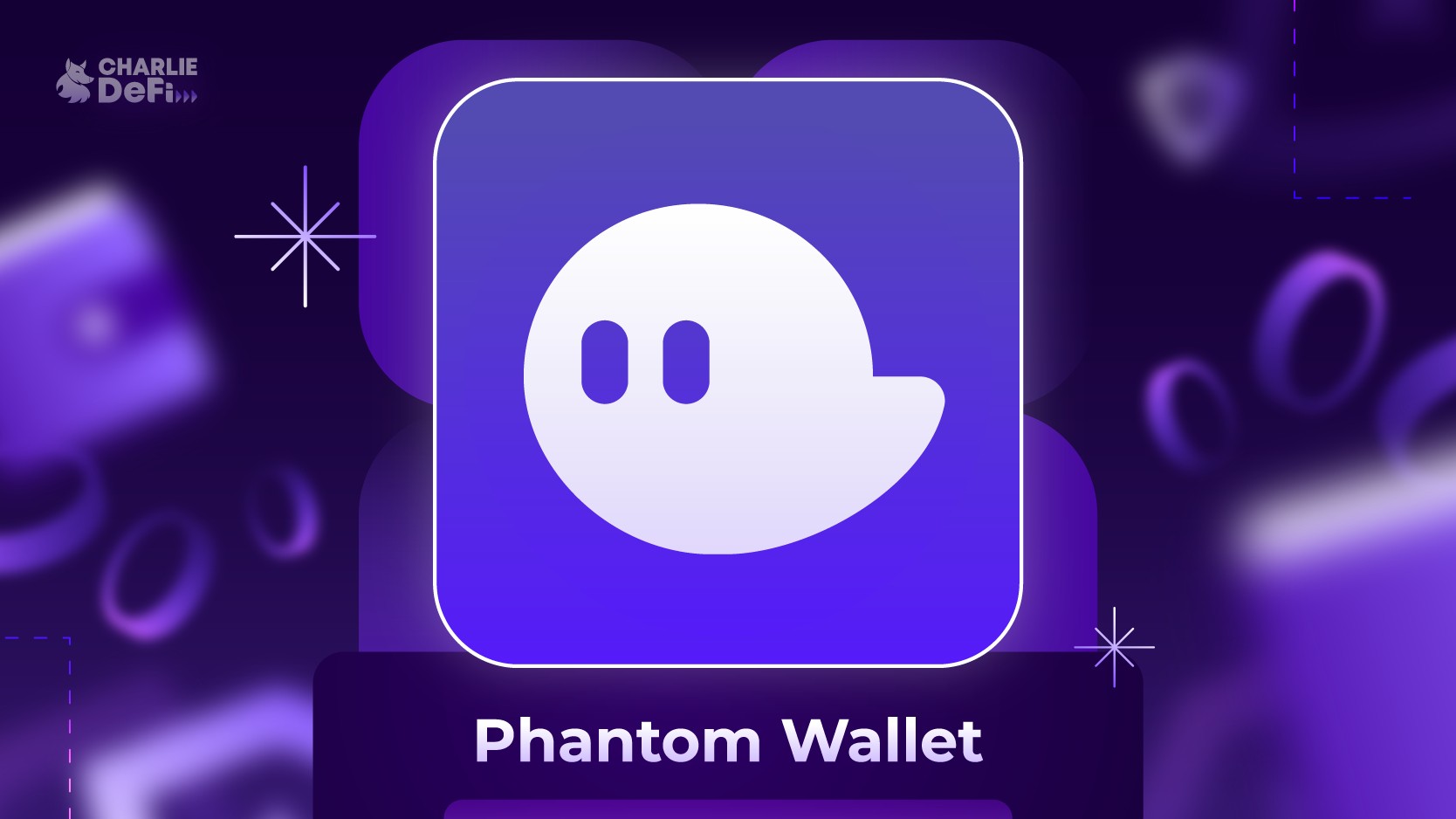In the rapidly evolving world of cryptocurrency, one of the most fundamental tools every user needs is a crypto wallet. A crypto wallet serves as the gateway to managing, storing, and transacting digital assets. Whether you are a novice just entering the world of blockchain or an experienced trader, understanding how Atomic wallet work is essential for keeping your assets safe and easily accessible.
What is a Crypto Wallet?
At its core, a crypto wallet is a digital tool that allows you to store and manage your cryptocurrencies, like Bitcoin, Ethereum, or other altcoins. Much like a physical wallet stores your cash and cards, a crypto wallet stores the private keys that provide access to your digital assets. It’s important to note that a crypto wallet doesn’t actually “store” the cryptocurrency itself. Instead, it holds the cryptographic keys required to interact with the blockchain, where the actual assets are stored.
Types of Crypto Wallets
Crypto wallets come in several forms, with two main categories being hot wallets and cold wallets. Each has its advantages and is suited for different use cases.
1. Hot Wallets
Hot wallets are connected to the internet and allow for easy access to your cryptocurrency at any time. They are ideal for active traders and users who frequently transact with their crypto assets. Hot wallets are often offered by exchanges like Coinbase, Binance, and Kraken, or as software applications on your phone or computer.
Advantages:
-
Convenience: Instant access to funds for transactions.
-
User-Friendly: Most hot wallets are easy to set up and use, often with a simple mobile app or web interface.
Disadvantages:
-
Security Risks: Because they are online, hot wallets are more vulnerable to hacking attempts, phishing attacks, and other security breaches.
2. Cold Wallets
Cold wallets, on the other hand, are offline and are considered far more secure. These wallets come in the form of hardware devices or paper wallets that are not connected to the internet, making them less susceptible to online threats.
Advantages:
-
Enhanced Security: By keeping private keys offline, cold wallets provide a high level of protection against hacking and malware.
-
Long-Term Storage: They are often used for long-term storage of cryptocurrencies that aren’t frequently traded.
Disadvantages:
-
Less Convenient: Since cold wallets are offline, accessing funds is slower and requires additional steps to connect to a network.
Common Types of Cold Wallets:
-
Hardware Wallets: Physical devices like the Ledger Nano S or Trezor, which store private keys securely offline.
-
Paper Wallets: A physical printout of the private keys and public addresses, which can be stored securely.
Key Features of a Crypto Wallet
A crypto wallet typically provides several essential features to ensure secure and efficient management of your assets:
-
Private and Public Keys: Every crypto wallet generates a pair of cryptographic keys – a public key and a private key. The public key is like your account number, which you share with others to receive cryptocurrency. The private key is like a password and must be kept secret. It’s used to sign transactions and prove ownership of the assets in the wallet.
-
Backup and Recovery Options: Most wallets offer recovery phrases (a series of words) that can be used to restore access to your wallet in case of device failure or loss.
-
Multi-Currency Support: Many wallets can store a wide variety of cryptocurrencies, offering flexibility for users who hold diverse portfolios.
-
Transaction Management: A crypto wallet allows users to send and receive cryptocurrency, as well as track transaction history, which is essential for managing assets and ensuring transparency.
Security Considerations for Crypto Wallets
The security of a crypto wallet is paramount, as losing access to your wallet or exposing your private key can lead to the irreversible loss of your assets. Here are some tips to keep your wallet secure:
-
Use Strong Passwords: For hot wallets, ensure that you use a strong, unique password for access. Consider using a password manager for added security.
-
Enable Two-Factor Authentication (2FA): Many hot wallets and exchanges allow you to enable two-factor authentication for an added layer of security.
-
Back Up Your Wallet: Always back up your wallet’s recovery phrase in a secure location, preferably offline. Never store it digitally where it could be hacked.
-
Beware of Phishing Attacks: Be cautious about suspicious links and emails asking for your private keys or recovery phrases. Phishing scams are common in the crypto space.
-
Use Cold Wallets for Large Holdings: For long-term storage of large amounts of cryptocurrency, cold wallets are the best option, as they provide enhanced security.
Choosing the Right Wallet
Choosing the right crypto wallet depends on several factors, including how frequently you plan to use it, the types of cryptocurrencies you hold, and your security preferences.
-
Frequent Traders: If you trade or transact often, a hot wallet may be more convenient, as it offers quick access and easy transactions.
-
Long-Term Holders: If you plan to hold crypto for the long term without much movement, a cold wallet provides a much more secure option for storage.
-
Multi-Currency Support: If you hold a wide variety of cryptocurrencies, look for wallets that support multiple tokens and chains.
Conclusion
A crypto wallet is an essential tool for anyone engaging with cryptocurrencies. Whether you choose a hot wallet for easy access or a cold wallet for maximum security, understanding the different types and their respective features will help you make the best decision for your needs. With the increasing value of cryptocurrencies and the growing number of users, ensuring the safety and security of your digital assets through a reliable crypto wallet has never been more important.


